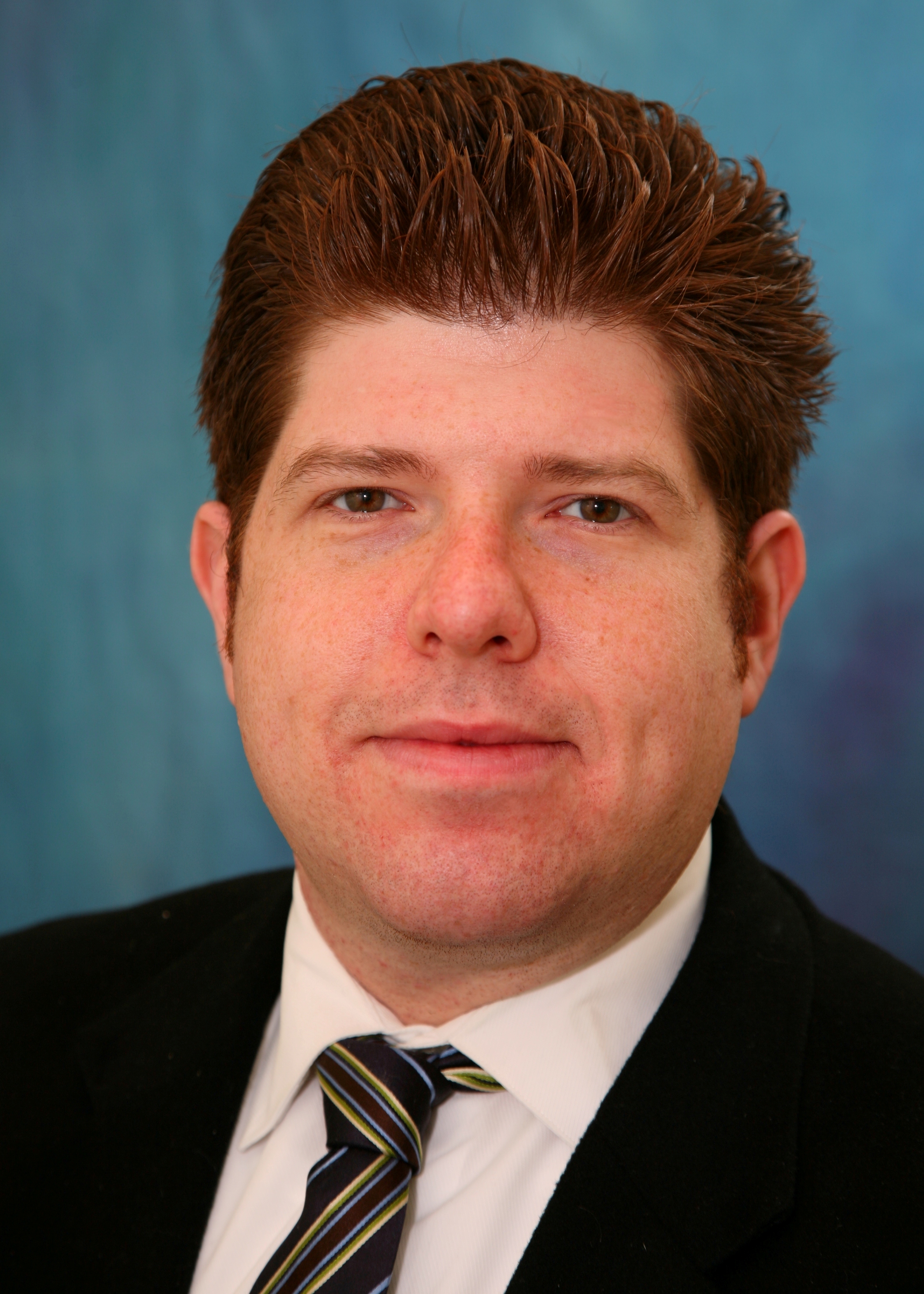Three spine surgeons discuss which spine industry regulation they would change and why.
Ask Spine Surgeons is a weekly series of questions posed to spine surgeons around the country about clinical, business and policy issues affecting spine care. We invite all spine surgeon and specialist responses. Next week's question: What is the latest piece of technology that your practice acquired? Why did you decide to acquire it?
Please send responses to Anuja Vaidya at avaidya@beckershealthcare.com by Wednesday, Dec. 10, at 5 p.m. CST.
Question: If you could change one law regulating the spine industry, which would it be and why?
Brian R. Gantwerker, MD, The Craniospinal Center of Los Angeles: Most of the laws in place are to protect patients. I think the POD [physician-owned distributorship] phenomenon is nearing an end — and with good reason.
 Richard A. Kube II, MD, CEO, Founder, Prairie Spine & Pain Institute, Peoria, Ill.: I would eliminate the Certificate of Need for the establishment of service lines. Multiple states operate without such a law, and they appear to function quite well. The CON serves as little more than a political designation fostering crony capitalism. Greater competition will lead to greater value in healthcare. Entities that cannot compete will fall to the wayside.
Richard A. Kube II, MD, CEO, Founder, Prairie Spine & Pain Institute, Peoria, Ill.: I would eliminate the Certificate of Need for the establishment of service lines. Multiple states operate without such a law, and they appear to function quite well. The CON serves as little more than a political designation fostering crony capitalism. Greater competition will lead to greater value in healthcare. Entities that cannot compete will fall to the wayside.
It is the natural progression of a free market when consumers are empowered to make a real choice. If we truly want what is best for our patients, we should be aware of the diverse needs and desires of these individuals and allow them an opportunity to acquire the type of care that suits them best.

Gowriharan "Ty" Thaiyananthan, Founder of BASIC, Newport Beach, Calif.: The publication of payments to doctors from Medicare. In principle, the spirit of this law is noble — however, I believe the practical effect of this reporting puts physicians in a defensive position when treating patients with a federally funded healthcare insurance.
The information is also not accurate and does not strictly correlate with physician compensation. Regulatory commissions already have access to this information. Publishing this information to the public places doctors in a position of unnecessary scrutiny for performing their trade and ultimately adds an additional stress to the doctor/patient relationship.
More articles on spine:
Global payments are changing spine care — 5 key observations
Dr. Lawrence Daniels elected to International Society of Pediatric Neurosurgery
5 points on factors impacting opioid use after spine surgery

